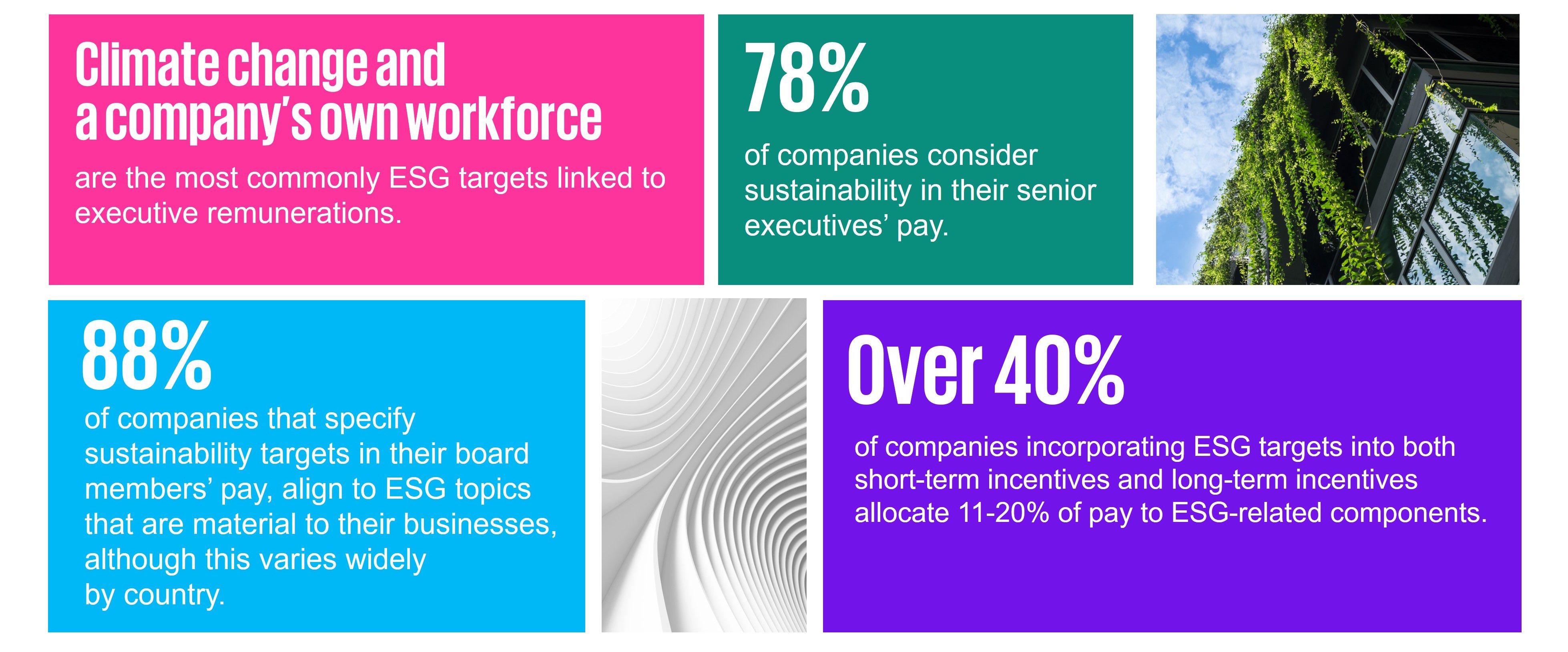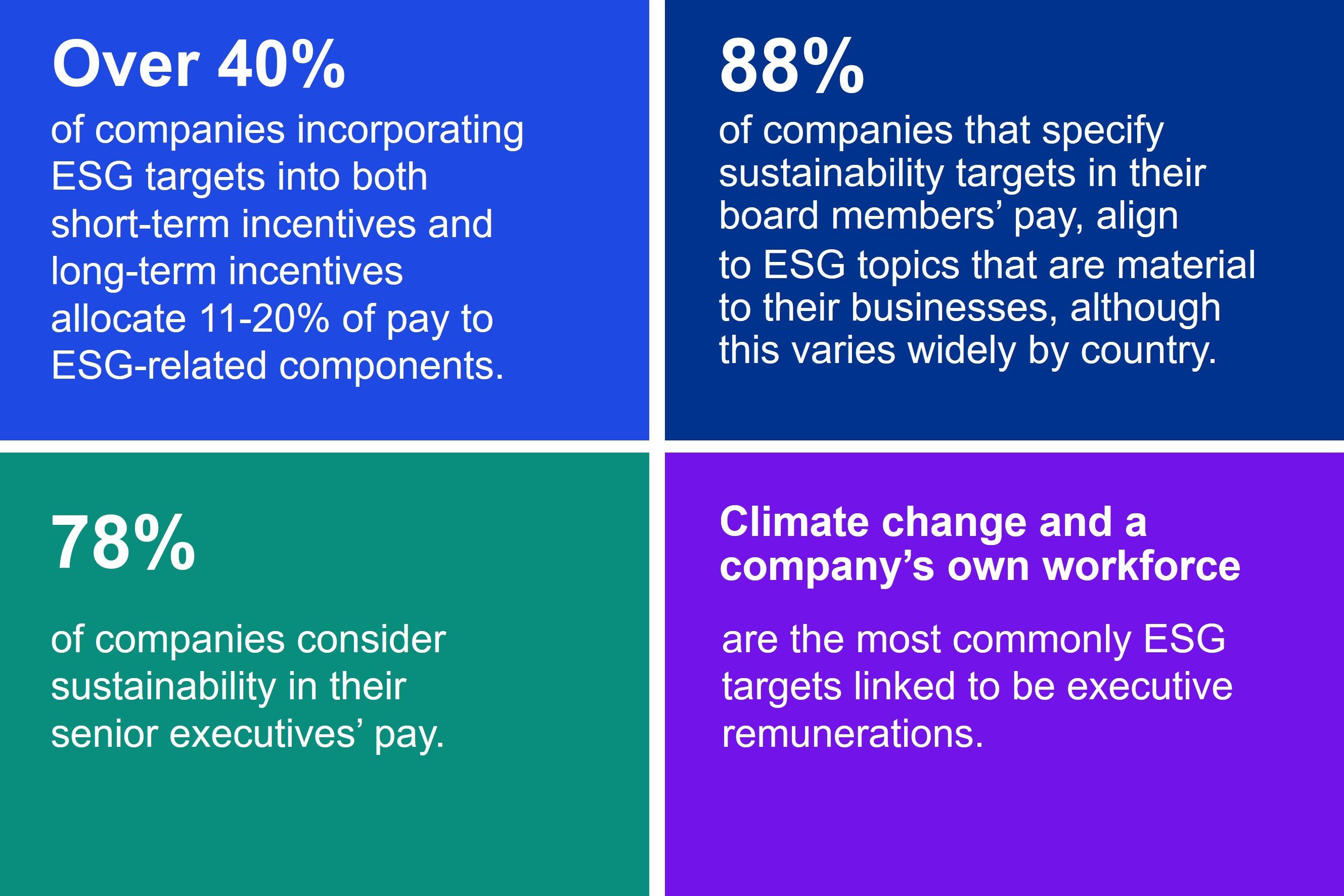Companies have made significant progress in integrating sustainability into their strategic agendas, identifying the long-term risks and opportunities it presents. However, many of these sustainability outcomes extend beyond conventional planning cycles, making it challenging to translate strategy into consistent action. Linking sustainability performance to executive remuneration offers a practical and effective governance lever — one that reinforces accountability and keeps leaders focused on making day-to-day decisions that align with the company’s broader sustainability objectives. In doing so, remuneration becomes a vital mechanism for anchoring strategic priorities and driving long term value creation.
In Malaysia, the Malaysian Code of Corporate Governance (MCCG) was updated in April 2021, to introduce a new practice: performance evaluations of the board and senior management should include a review of how effectively they address the company’s material sustainability risks and opportunities, and — where appropriate — link such performance to remuneration outcomes. In parallel, global frameworks such as the Sustainability Accounting Standards Board (SASB) Standards — now foundational to the IFRS Sustainability Disclosure Standards — are increasingly referenced by boards as they seek to define clear, measurable ESG indicators aligned to financial materiality, which can then be incorporated into performance targets that are linked to executive pay.
This latest report examines insights from 375 of the world’s largest publicly listed companies across 15 markets. Findings reveal that 78% of companies now incorporate sustainability-related metrics into the variable pay of senior executives. The report also outlines practical recommendations for organizations seeking to integrate sustainability into executive compensation frameworks.





